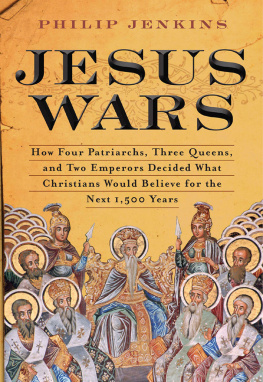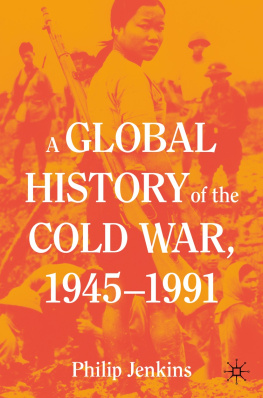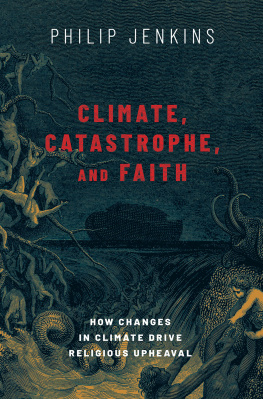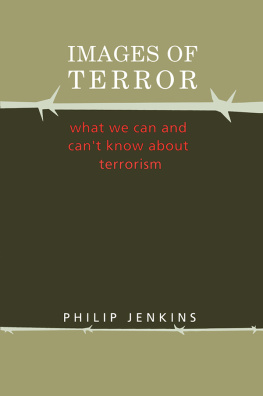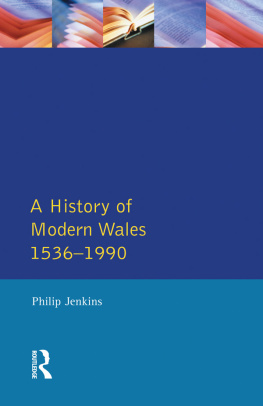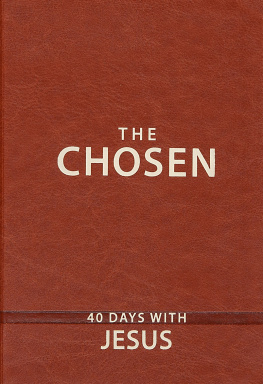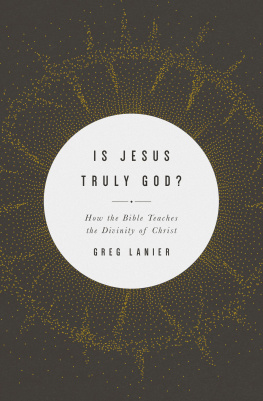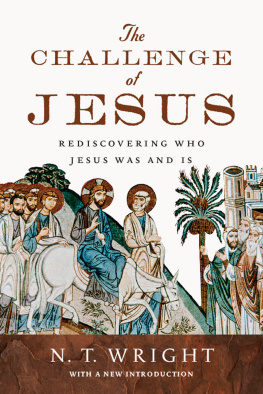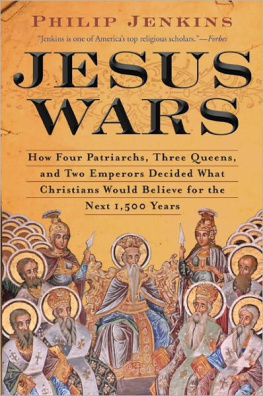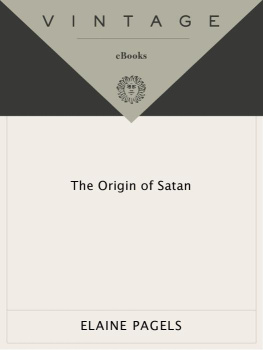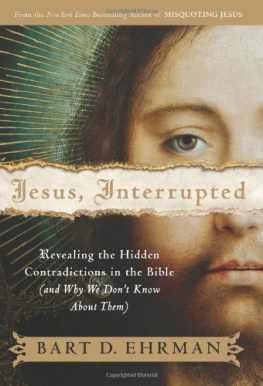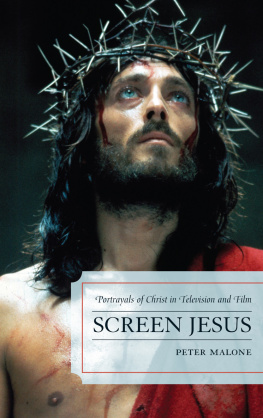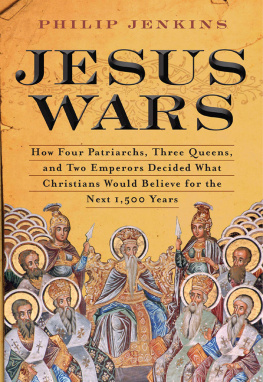Who Do You Say That I Am?
Jesus once asked his disciples, Who do people say that I am? They answered that all sorts of stories were circulatingthat he was a prophet, perhaps Elijah or John the Baptist come back to earth. But, he asked, Who do you say that I am?1 Over the past two thousand years, Christians have formulated many different answers to this question. Yes, most believe Jesus was a human being, but at the same time he was also God, one of the three persons of the Trinity. He was both God and man.
But when we have said that, we have raised more questions than we have answered, as the basic belief in Jesus Christ demands combining two utterly different categories of being. Such a transgression of boundaries puzzles and shocks believers of other faiths, especially strict monotheists such as Muslims and Jews. But even those Christians who accept the basic concept probably could not explain it with anything like the precision demanded by early church councils. By those rigorous standards, virtually all modern nonspecialists (including many clergy) would soon lapse into grave heresy.2
The Bible is anything but clear on the relationship between Christs human and divine natures, and arguably, it is just not possible to reconcile its various statements on this matter. In the New Testament, Jesus says quite explicitly that he is identical with God: I and the Father are one, he declares. Anyone who has seen me has seen the Father.3 Johns gospel reports Jesus telling the crowd, You are from below; I am from above: you are of this world; I am not of this world. He goes on, Before Abraham was, I am. His listeners are appalled, and not just because this seems to be an outrageous boast of extreme old age. The words that Jesus uses for I amin Greek, ego eimi recall the declaration that God made to Moses from the burning bush. We might better translate it as I AM . Jesus appears to be saying that he is the same eternal God who brought Israel out of Egypt, not to mention creating the world. Not surprisingly, the crowd tries to stone him for blasphemy. For later readers of the Gospels, then, Father and Son must be one and the same.4
But just as we are absorbing that amazing fact, we read on to find Jesus stating that he is distinct from God the Father. The Father is greater than I, he says. When Jesus foretells the end of the world, he admits that the exact timing is unknown either to the Son or to the angels, and only the Father knows precisely. If the Son knows less than the Father, the two must be different.5
What does it mean to say that Christ was at once God and man? Certainly the Jesus of the Gospels seems utterly humanhe bleeds, he loves, he gets angry, he dies in grotesque agony. Yet somehow we have to reconcile that fact with the doctrine of the Incarnation. The opening words of the gospel of John identify Christ with the Logos, Gods Reason or creative Word:
In the beginning was the Word [ Logos ], and the Word was with God, and the Word was God. The same was in the beginning with God. And the Word became flesh, and dwelt among us.6
The Word was made flesh, God became man. But how does that Word relate to the man called Jesus? What does the letter to the Colossians mean when it proclaims that all the fullness of God lives in Christ, in bodily form?7
Problems and paradoxes abound. When Jesus arrived in Bethany to find that his friend Lazarus has died, he mourned: he groaned in the spirit, we are told, and he was troubled. Jesus suffered all-too-human grief, and, as is reported in one of the most famous verses of the whole Bible, Jesus wept.8 Incidentally, the source of that verse is Johns gospel, the same text that reports Jesus speaking the hair-raising language of I AM . But think that text through. Jesus wept, so Christ the anointed weptand, therefore, are we to believe that God, the creator and source of all being, really wept? More sensationally, how, in fact, had Christ suffered on the crosshad God really died? These paradoxes were not concocted by later Christian theologians, working long after the supposedly straightforward beliefs of the apostolic age. As early as 110, while the New Testament was still under construction, the great martyr-bishop Ignatius of Antioch proclaimed Christ as God come in the flesh. Ignatius addressed believers, whose hearts were kindled in the blood of God. God weeping is one thing, but bleeding ? Even faithful Catholics who accept that the communion wafer is Corpus Christi, the Body of Christ, dare not make the leap that would proclaim it the Body of God. God and Christ are different.9
Through the first four centuries of Christianity, believers tried many ways of resolving these problems of Scripture and logic. Different churchesleading thinkers and scholarsvaried in the stress they placed on Jesus humanity or his divinity, and without exercising too much ingenuity or text twisting, they found biblical passages that supported all these opinions.10 Some early Christians thought that Christ was so possessed by Godhood that his human nature was eclipsed. In that sense, we should think of Christ as a manifestation of God walking the earth, clothed in human form as a convenient disguise. The Word took on flesh as I might put on an overcoat. So, are we to believe that Christs sufferings, all the tears and blood, were a kind of playacting or illusion? Others saw Jesus as a great man overwhelmed by God-consciousness. Somehow, the Spirit of God had descended on him, with his baptism in the Jordan as the likely moment of transformationbut the two natures always remained separate. Christ, from that perspective, remained chiefly human. Some thought the two natures were merged, indissolubly and eternally; others thought the connection was only partial or temporary.
So was Jesus a Man-bearing God, or a God-bearing man? Between those extreme poles lay any number of other answers, which competed furiously through the first Christian centuries. By 400, most Christians agreed that Jesus Christ was in some sense divine, and that he had both a human nature (Greek, physis ) and a divine nature. But that belief allowed for a wide variety of interpretations, and if events had developed differentlyif great councils had decided other than they actually didany one of these various approaches might have established itself as orthodoxy. In the context of the time, cultural and political pressures were pushing strongly toward the idea of Christ-as-God, so that only with real difficulty could the memory of the human Jesus be maintained. Historically, it is very remarkable that mainstream orthodoxy came out so strongly in favor of asserting Christs full humanity.
And yet it did just that. When most modern churches explain their understanding of Christs identitytheir Christologythey turn to a common body of ready-made interpretations, an ancient collection of texts laid down in the fifth century. At a great council held in 451 at Chalcedon (near modern Istanbul), the church formulated the statement that eventually became the official theology of the Roman Empire. This acknowledges Christ in two natures, which joined together in one person. Two natures existed, without confusion, without change, without division, without separation; the distinction of natures being in no way annulled by the union, but rather the characteristics of each nature being preserved and coming together to form one person.11

